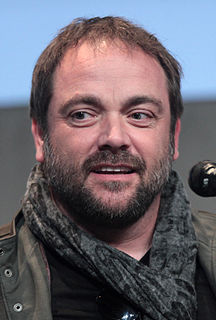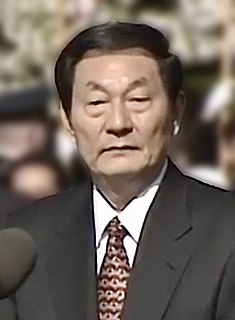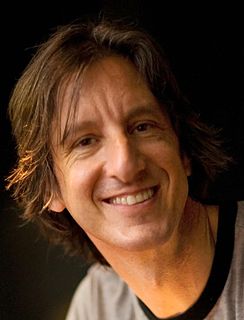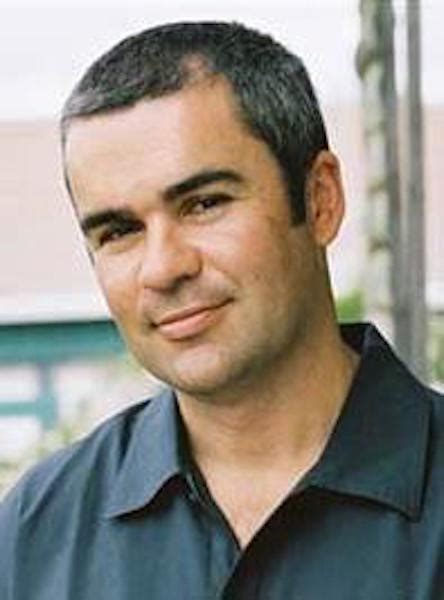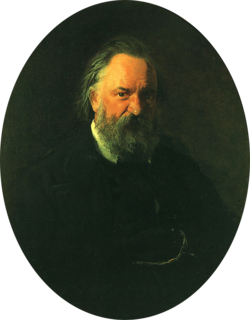A Quote by James A. Michener
I am a humanist because I think humanity can, with constant moral guidance, create reasonably decent societies. I think that young people who want to understand the world can profit from the works of Plato and Socrates, the behaviour of the three Thomases, Aquinas, More and Jefferson - the austere analyses of Immanuel Kant and the political leadership of Abraham Lincoln and Franklin Roosevelt.
Quote Topics
Abraham
Am
Austere
Because
Behaviour
Constant
Create
Decent
Franklin
Franklin Roosevelt
Guidance
Humanist
Humanity
Jefferson
Kant
Leadership
Lincoln
Moral
More
People
Plato
Plato And Socrates
Political
Political Leader
Political Leaders
Political Leadership
Profit
Reasonably
Roosevelt
Societies
Think
Three
Understand
Want
Works
World
Young
Young People
Related Quotes
I think you have to take the man and say to yourself, [Donald Trump] is someone who wants to occupy the Oval Office, where Franklin Roosevelt, Teddy Roosevelt, Abraham Lincoln, George Washington, and people who were our president, and I don't think it's just a woman's issue. I think it's an issue that should be of concern to all Americans.
In America, we may acknowledge Washington and Lincoln as great men, and probably Franklin and Jefferson and maybe Franklin Delano Roosevelt and possibly even several more, but we would probably disagree about precisely what it was that made them great, what it was that enabled them to give a lasting direction to the course of events.
Socrates: Have you noticed on our journey how often the citizens of this new land remind each other it is a free country? Plato: I have, and think it odd they do this.Socrates: How so, Plato?Plato: It is like reminding a baker he is a baker, or a sculptor he is asculptor.Socrates: You mean to say if someone is convinced of their trade, they haveno need to be reminded.Plato: That is correct.Socrates: I agree. If these citizens were convinced of their freedom, they would not need reminders.
When Arthur Schlesinger Sr. pioneered the 'presidential greatness poll' in 1948, the top five were Lincoln, Washington, Franklin D. Roosevelt, Woodrow Wilson, and Jefferson. Only Wilson appears to be seriously fading, probably because his support for the World War I-era Sedition Act now seems outrageous; in this analogy, Woodrow is like the Doors and the Sedition Act is Oliver Stone.
I assume, gladly, that in the allocation to America of remarkable leaders like Thomas Jefferson, George Washington, and Abraham Lincoln, the Lord was just as careful. After all, if you've got only one Abraham Lincoln, you'd better put him in that point in history when he's most needed-much as some of us might like to have him now.
For Immanuel Kant, the term anthropology embraced all the human sciences, and laid the foundation of familiar knowledge we need, to build solidly grounded ideas about the moral and political demands of human life. Margaret Mead saw mid-twentieth-century anthropology as engaged in a project no less ambitious than Kant's own, and her Terry Lectures on Continuities in Cultural Evolution provide an excellent point to enter into her reflections.






